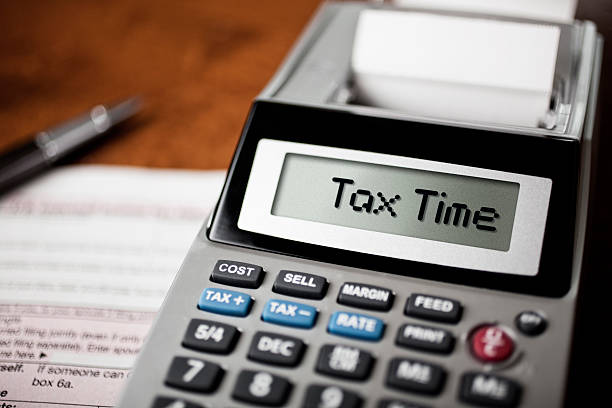
SARS Tax Deadline 2025: Everything You Need to Know Before 20 October
The SARS tax deadline 2025 for non-provisional taxpayers is fast approaching. Monday, 20 October 2025 marks the last day to file annual income tax returns in South Africa. With more than 7.9 million taxpayers already having submitted their returns, thousands still need to meet the final cut-off to avoid penalties and ensure compliance with the South African Revenue Service (SARS).
Filing a tax return isn’t just a legal obligation—it’s part of maintaining financial health and accountability. SARS uses your return to confirm your income, calculate refunds, and ensure tax compliance. Missing the deadline could result in administrative penalties and unnecessary interest charges.
The 2025 filing season applies to non-provisional individual taxpayers, including salaried workers and professionals. Provisional taxpayers—those earning income other than a salary—have until 19 January 2026.
If you’re employed and earned above the SARS filing threshold, submitting your return on or before 20 October 2025 is essential to stay in good standing.
SARS has streamlined its filing process to make compliance easier than ever.
1. SARS eFiling
File conveniently online from your laptop or desktop at www.sarsefiling.co.za. The portal provides step-by-step guidance, automatic calculations, and instant submission.
2. SARS MobiApp
The MobiApp is a quick and secure way to file directly from your smartphone. Upload supporting documents, verify information, and submit from anywhere.
3. Auto-Assessment System
Many taxpayers are automatically assessed by SARS based on employer data. If your information is correct, you can accept the assessment without manual filing.
While SARS encourages voluntary compliance, missing the SARS tax deadline 2025 can lead to monthly administrative penalties ranging from R250 to R16,000, depending on your income. These penalties accumulate until your return is submitted.
Submitting before the deadline prevents unnecessary costs and keeps your tax record clear.
Filing accurately saves time and avoids revisions later. Here’s what you should have ready:
Proper preparation ensures a smooth process when submitting via SARS eFiling or the MobiApp.
SARS offers multiple support channels, including branch appointments, the Contact Centre (0800 00 7277), and online chat. Tax practitioners are also available for professional assistance.
Remember, SARS never contacts taxpayers via WhatsApp or SMS links—always verify communication through official channels.
Submitting before the SARS tax deadline 2025 shows financial responsibility and keeps your tax affairs in order. Filing early also allows time to correct errors before the system closes.
South Africa’s 2025 tax season emphasizes efficiency, digital filing, and compliance. With the SARS tax deadline 2025 on 20 October, now is the perfect time to finalize your return. Whether you use eFiling, the MobiApp, or accept an auto-assessment, acting early ensures peace of mind and financial stability.
Q1: When is the SARS tax deadline 2025?
The final date for non-provisional taxpayers is Monday, 20 October 2025.
Q2: Who must file before the deadline?
All non-provisional individuals who earned taxable income above the threshold.
Q3: What happens if I miss the deadline?
You could face administrative penalties and interest charges.
Q4: How can I file my return?
Through SARS eFiling, the MobiApp, or the auto-assessment system.
Q5: Can I get help from SARS?
Yes, through branch visits, the contact centre, or verified tax practitioners.